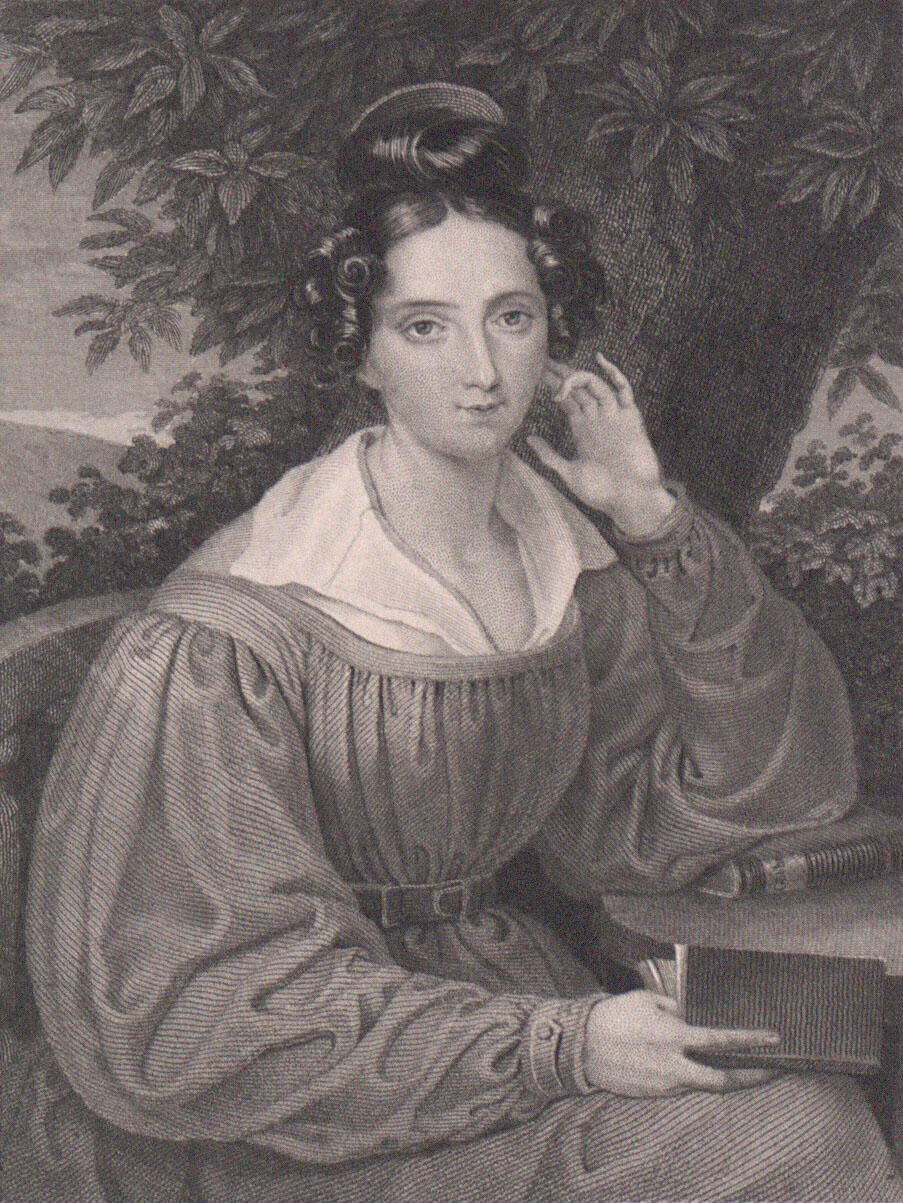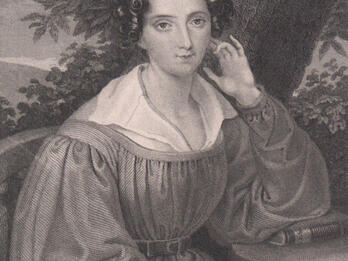Portrait of Rahel Levin Varnhagen
Artist Unknown
Early 19th Century
Image

Engage with this Source
Related Guide
Literature and Modernity
1750–1880
Jewish writing in the period spanning 1750–1880 reflects the profound changes that confronted Jews in modernity. Some writers self-consciously broke with traditional and religious models; others definitely embraced it.
Related Guide
Life Writing: Biography, Autobiography, and Ego Documents
1750–1880
The famous and the obscure, women and men, in epitaphs and private letters, ethical wills, cookbooks, and religious reflections, all reflect aspects of Jewish life in a period of great transition.
Related Guide
The Salon in Jewish History
1750–1880
Salons fostered a new class of social leaders, a space for ideas and art appreciation to grow without fear of political reprisals. In a society still constrained by social and legal boundaries, salons and their hosts created a miniature world in which social taboos were temporarily cast off.
You may also like

Letters
I often said to a younger girl friend: “If you are marrying without love, after all, do not talk to your husband. Please him as much as your nature can tolerate; do not argue with…
Autobiography
When the Seven Years War broke out in 1756, I was the father of four children, and the cost of living was high. I had tried to make my way in the world like an honourable man. When the enemy Prussians…
Sefer ha-zikaron (The Book of Memory)
I have written this down in connection with all that befell us during that year five thousand five hundred and sixty-nine [1809] here, in our holy community of Pressburg. Now an omen of this had…
Letter of Rabbinic Appointment to the City of Posen
When the leaders of the people were assembled, all the tribes of Israel together, on the evening of the twenty-first day of Adar 5572, to oversee the affairs of the general community and the needs of…
The Education of the Heart
Warrenton, North Carolina
U.S. of America
August 7th, 1815
A young American lady who has long felt towards Miss Edgeworth those sentiments of respect and admiration which superior talents exerted in…
Account of His Visit to Lublin
I was privileged to visit Lublin with my late father when I was a boy of nine, and I saw his [the Seer’s] face illuminated like torches. And when he opened the door to recite Ke-gavnah [An Aramaic…


